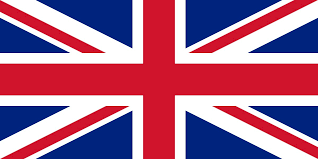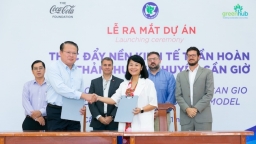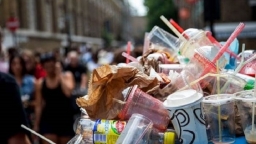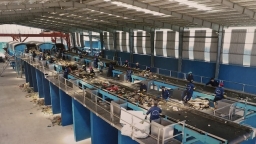Coca-Cola, Duy Tan join plastic waste management project in Can Gio
The objective of the project is to facilitate collaboration between consumers, waste pickers, recyclers, and local authorities to pilot the new and innovative approach of circular economy for plastic waste.
















